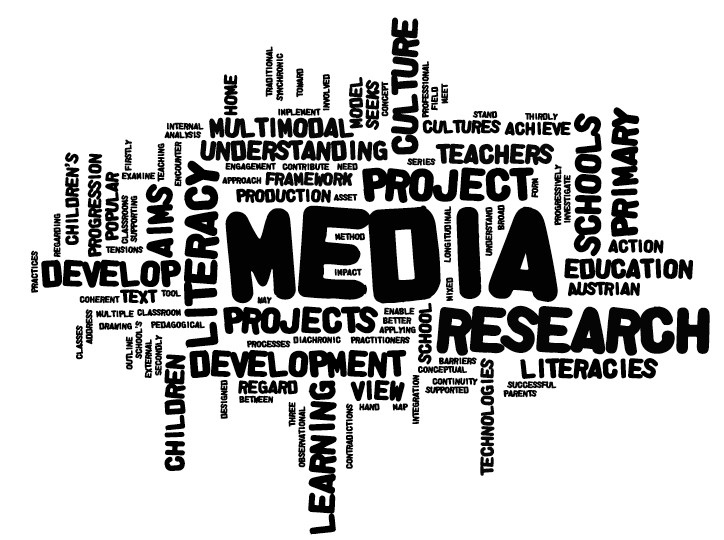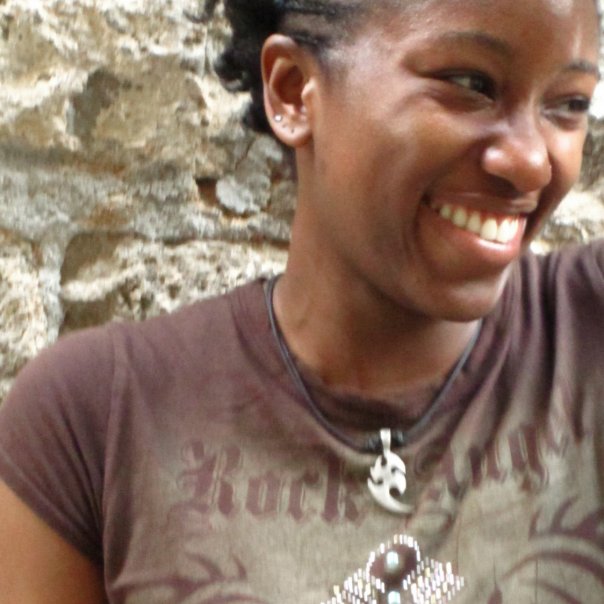As a group that is routinely judged, shunned, and fighting for acceptance, we as LGBTI (Lesbian, Gay, Bisexual, Transgender, Intersex) people are often pigeon-holed into playing the role of educator to the people that inflict the most pain on us, our friends and family. But it doesn't always have to…
-
-
Advocacy - Africans for Africa - Blog - Media Activism - New Media - Philanthropy - Special Series - Thought Leadership
7 Social Media Ideas That Will Strengthen Digital Activism in Africa
Last week, I had the pleasure of participating in the West African Civil Society Institute (WACSI)‘s Social Media Experts conference in Accra, Ghana. The conference brought together African social media experts, enthusiasts, and activists from across the continent, which got me thinking about ways we can strengthen "digital activism" across…
-
Advocacy - Blog - Media - New Media - Philanthropy - Speaker Services - Training and Consulting Services
Social Media for Social Change: 10 Tips from a Queer African Media Activist
I recently published a personal reflection of my accidental, non-linear career trajectory as a writer and a media activist. In addition to my philosophy about using media for change, I wanted to share a few tangible new media tips, tricks, and strategies that have been helpful to me as well.…
-
Advocacy - Africans for Africa - Afrofeminism - Announcements - Blog - Keynotes, Talks, and Presentations - LGBT Africa - My Work - Philanthropy - Special Series
Spectra Speaks on “The Power of Storytelling: LGBT History, The Media, and the African/Black Diaspora”
Are you affiliated with a college, university, or high school who's seeking speakers for the upcoming academic year? Are you a conference in search of an inspirational keynote speaker? A loyal reader of my blog? :) Check out my latest talk, "The Power of Storytelling: LGBT Rights, the Media, and…
-
The London Feminist Film Festival Seeks Submissions from African Women Filmmakers
The very first London Feminist Film Festival, held between Nov 29 - Dec 2, 2012 at the Hackney Picturehouse, is seeking submissions from African feminists. The organizers are actively working to solicit submissions from filmmakers with diverse backgrounds, including the LGBTI Diaspora. I may actually submit something, given how visually…
Online rulet oyunları gerçek zamanlı oynanır ve online slot casino bu deneyimi canlı yayınlarla destekler.
İnternet üzerinden eğlence bahsegel giriş arayanlar için deneyimi vazgeçilmezdir.
Kullanıcıların hesaplarına hızlı ve sorunsuz bettilt ulaşabilmesi için adresi her zaman güncel tutuluyor.




